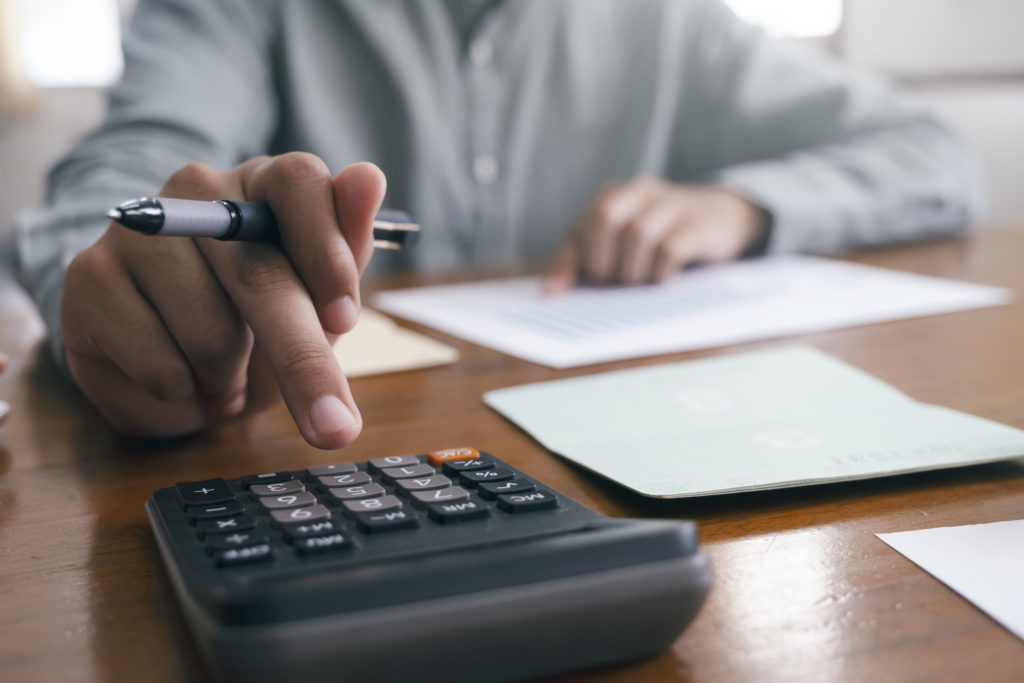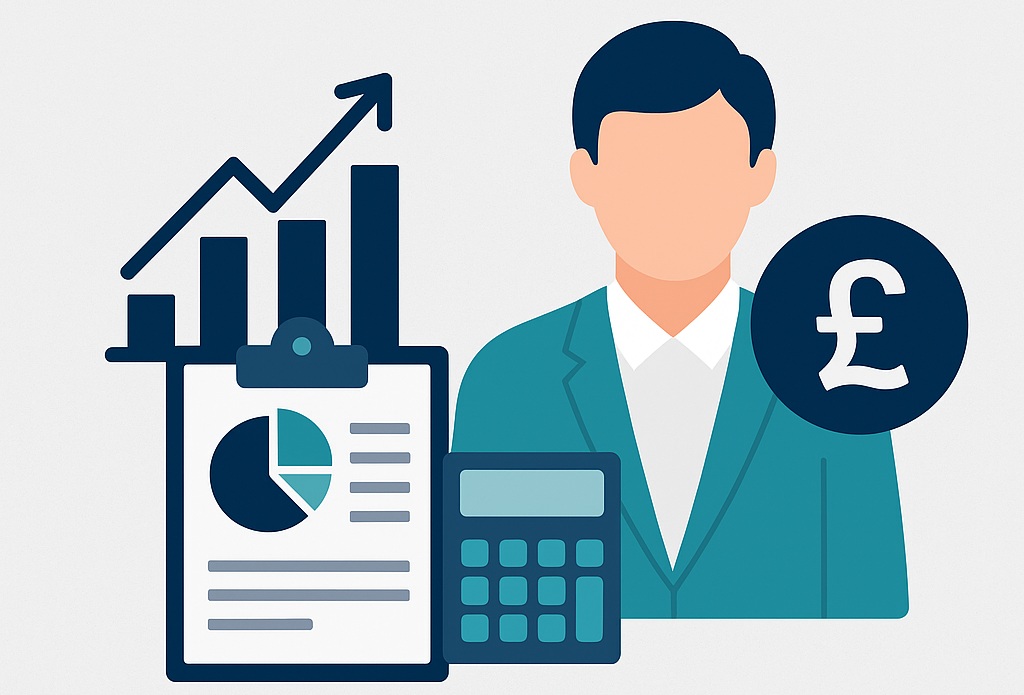Corporation tax applied to trading profits and sold assets, and the time periods in which applicable companies must pay their bill are stringently enforced.
Knowing how to calculate corporation tax is an essential element in an accountant’s toolkit, but business owners and company directors can also benefit from knowledge of how corporation tax works. If nothing else, it means a business knows how much of its money is allocated to its contribution.
Do I need to pay corporation tax?
Not everybody needs to pay this tax. Sole traders and partnerships are exempt, and instead use their respective income tax and tax returns to pay what they owe.
All limited companies in the UK must pay corporation tax, as do some other entities such as co-operatives and housing associations – even if these are not incorporated as limited companies within the UK.
How to calculate corporation tax
Calculating your due corporation tax will be much simpler if your bookkeeping has been done diligently and your accounts are already tidy. Regular management accounts will make this easier by keeping you on top of profits and debts.
A good first step towards calculating corporation tax is to create a profit and loss account. This totals up income generated from sales as well as any interest earned on money in bank accounts.
Next, calculate overheads – any and all of them. Salaries, business expenses, money spent on equipment and software are all things that need to be totalled. Note that expenses need to be those that HMRC would deem as strictly for the benefit of business.
Costs of entertaining are also not tax deductible. Business lunches and gifts for clients can’t have tax relief claimed on them.
To finally calculate corporation tax, you must also take stock of your capital allowances. These are items that are bought as investments into your business, like computers and office equipment. Some small businesses can obtain relief in the form of Annual Investment Allowance, allowing them to write off certain capital costs.
Many capital costs are bound to depreciate over time. Despite this, depreciation is not an allowable expense and must be added back for the purposes of tax calculation. For instances, a £1,000 laptop that depreciates at £250 per year will still require the amount of £250 to be factored in.
After totalling income and non-deductible expenses along with overheads and any capital allowances, you have your profit liable for corporation tax.
Currently, corporation tax is set at 19% of business profits. For taxable profits up to the amount of £1.5 million, the tax must be paid nine months and one day after the end of your accounting period. Taxable profits above this threshold mean that corporation tax must be paid in instalments.
Calculating corporation tax can quickly get complicated and there are many opportunities to make errors. This is why management accounts handled by an experienced chartered accountant will facilitate the process. Finding and detailing every expenditure of your company, including repairs and the hidden depreciation of various assets, can be a mammoth task to the unexperienced.
Honest mistakes can be costly, but the advice of an accounting firm can provide guidance if you want to oversee the process yourself. An accountant may also be able to uncover ways to reduce your tax that you weren’t aware of, like certain reliefs and claims that may apply to your business.
Accountants will also be keeping themselves abreast of developments in business taxes.
The upper limit of corporation tax is due to change for 2023/2024. For taxable profits above £250,000, businesses will be subject to a 25% upper limit rather than 19%.
Chartered accountants will be able to calculate the taxable profits of your business and give you the clear, complicated figures that you need to know. This is why, despite there being no law against doing your own tax returns for business, it’s always best to gain the help of an experienced accounting firm.
Corporation tax with Venn Accounts
Our team of chartered accountants can take the stress and confusion out of calculating corporation tax so that your SME can focus on the day-to-day.
Our cloud software approach to bespoke accounting means we can truly act as an extension of your business.
To learn more about accounting with Venn, please contact us today.





